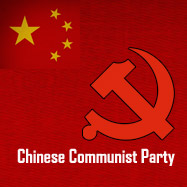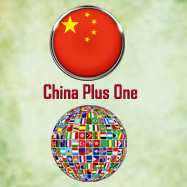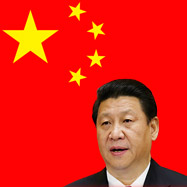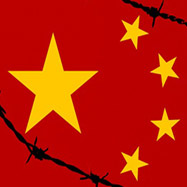(Mis)Understanding the Communist Party of China’s Control
Certain sections of the elite in China seem to be speaking out against the tightening political control under President Xi Jinping. Whether the Chinese Communist Party is failing to elicit loyalty among its own members, and resorting to widespread ideological control to retain its legitimacy is a pertinent question to ponder upon.
Power to Prevail: China’s ‘Discourse Politics’ as CCP Turns 100
The CCP has invested heavily in telling “China’s Story Well” by amplifying its discourse power. However, looking at China’s discourse politics from an absolutely narrow propaganda lens would be a folly, for the stakes for India are much higher, more nuanced and across multiple domains.
Strategic Salience of the Gwadar Port: An Analytical Study
Gwadar Port has gained currency in the light of recent international developments that are increasingly focused on maritime-related economic activities. It has become an important reference point for people discussing the geopolitics and geo-economics of the South Asian region. The article explores in detail the strategic salience of Gwadar against the backdrop of the ongoing Baloch insurgency, the current activities being undertaken at Gwadar, the strategic outlook of Pakistan and China on the port and the implications it holds for China–Pakistan ties.
The Forgotten Fact of “China-Occupied Kashmir”
There is a need to widely disseminate China’s insidious role as an illegal occupier of Kashmir’s territory, including its territorial grab in the trans-Karakoram tract, in order to raise public awareness of the issue – both in India and at the international level.
China’s India Policy in the 1950s: From Friendship to Antagonism
What led to the Sino-Indian militarized confrontations in 1959? I argue that Hindi-Chini Bhai-Bhai became a victim of changed perceptions in China. As long as China’s external and internal environment was relatively secure, India was seen as a potential ally, and Sino-Indian relations thrived. As external and internal pressures on China mounted, India’s behaviour vis-à-vis the Dalai Lama’s flight from China and the territorial dispute was perceived by China as reactionary.
The Costliest Pearl: China’s Struggle for India’s Ocean by Bertil Lintner
The ‘string of pearls’ is a western narrative about China’s economic and/or military engagements with countries in the Indian Ocean littorals with a strategic outlook of encircling the Indian peninsula. Most of these engagements are established in locations overlooking the important trade Sea Lanes of Communication (SLOC) in the Indian Ocean Region (IOR). The ‘string of pearls’ theory, enunciating an expansionist view of China in the Indian Ocean, is what makes Bertil Lintner’s book a knowledgeable read for Indo-Pacific watchers.














